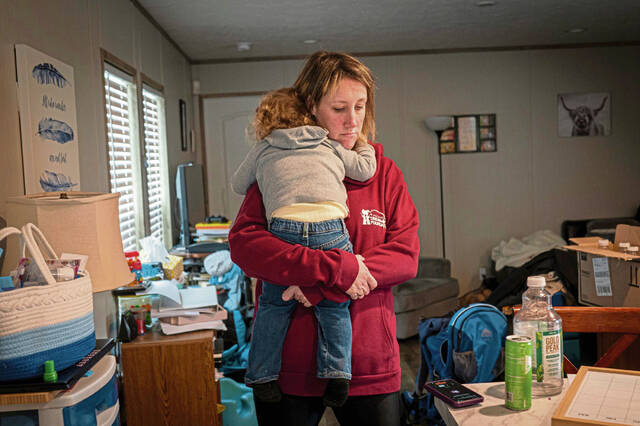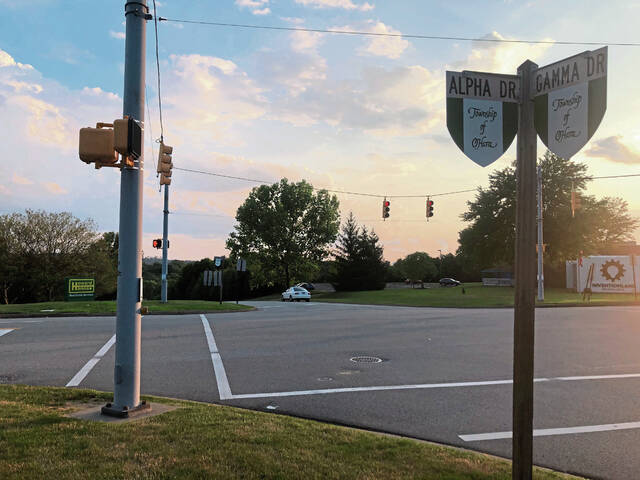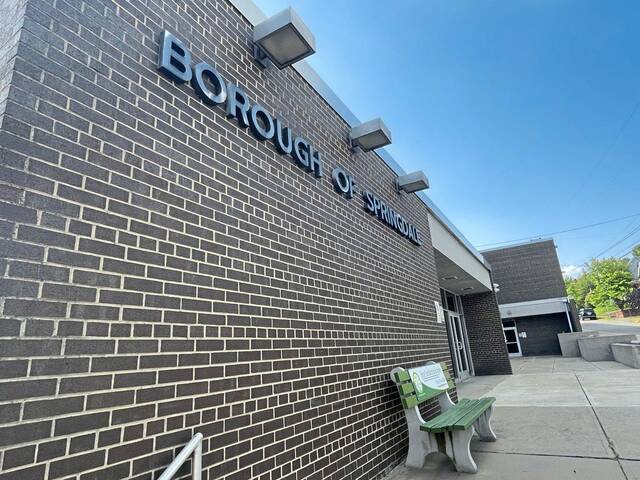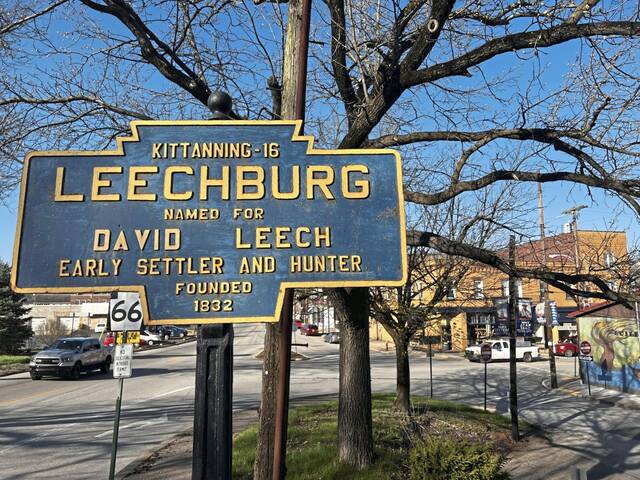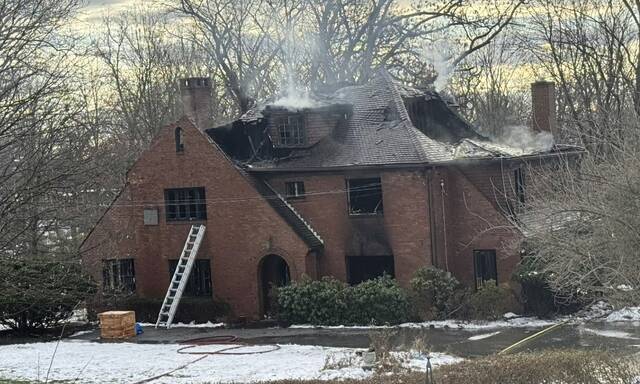Westmoreland County’s first installment of $107 million in American Rescue Plan money already hit the bank.
It wasn’t quite like winning the lottery, with 3,069 counties nationwide sharing $65.1 billion. And that has left some wondering just how local officials will set their priorities.
According to the National Association of Counties, broad federal guidelines stipulate the grants may be used for an array of costs, including jobs programs, public health and investments in water, sewer and broadband as well as helping municipalities make up for lost revenue.
While local officials struggling to balance budgets, Voice of Westmoreland — a grassroots organizing group — is working to ensure others also have a voice. The organization launched a wide-ranging survey on the issue. Using texts, phone banks, door-to-door canvassing and Facebook, the group is circulating a survey seeking citizen input.
“We’re reaching out to a wide ranging and diverse group of county residents throughout the county and trying to get a really good sense of people’s concerns in terms of their everyday lives and what would make a difference to them in how the counties and municipalities spend the money we’re going to get through the American Rescue Plan,” said VOW volunteer Bob Mason.
The 72-year-old Trafford resident said the group hopes to hold a public meeting in early July.
Although the county has yet to schedule a public forum, Commissioner Gina Cerilli Thrasher said the county will seek advice on how to spend the federal money.
VOW members say they want to be sure all segments of the community are heard.
“With the American Rescue Plan funds, Westmoreland County has a huge opportunity to address immediate and long standing inequities. We must invest in a future that lifts up communities that have faced historic disinvestment and have been most impacted by the covid-19 crisis,” VOW member Amanda Rose Piern said.
Mason said the group hopes to have at least 500 completed surveys. They have already gathered about 300.
Mental health, affordable health care and housing assistance are among the top concerns of survey respondents, Mason said.
“We want to ensure people whose voices weren’t heard before, but who were greatly impacted by the health and economic effects of the pandemic, have a voice in this conversation,” Mason said. “We want to make sure the voices of people who otherwise miss out — maybe they don’t own a business or know people who are politically connected — are raised and that they have an opportunity to be heard.”



